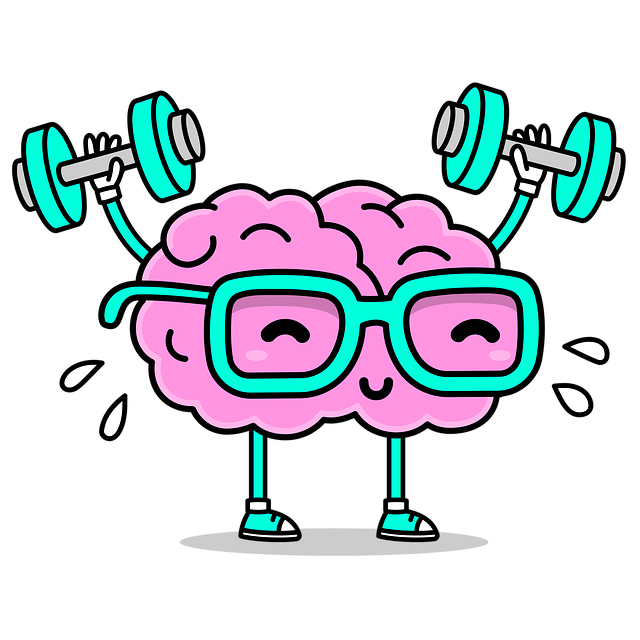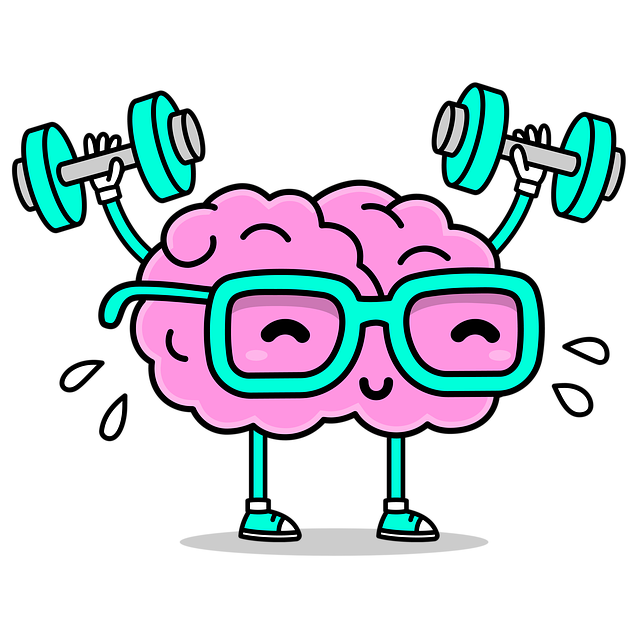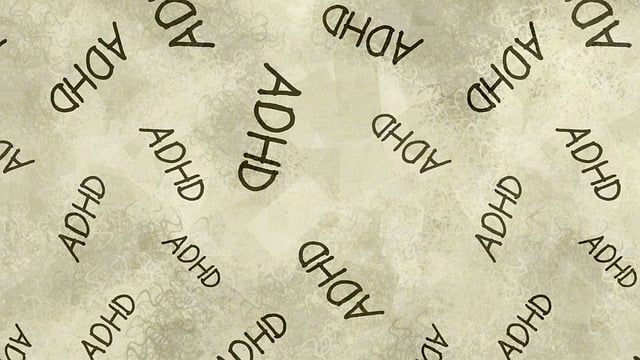Mental health diagnoses require comprehensive evaluations by professionals, leading to specialized therapies like Longmont Anger Management Therapy for specific conditions. This therapy focuses on emotion regulation and communication strategies to manage anger, improving mental wellness and relationships. Understanding various therapeutic approaches, building support networks, and practicing self-care are crucial for navigating mental illness effectively, with Longmont Anger Management Therapy offering tailored coping mechanisms and additional support through workshops.
“Mental illness diagnosis and treatment can be complex, overwhelming, and often confusing. This comprehensive guide aims to demystify the process, offering valuable insights into understanding mental health diagnoses. We explore effective treatments, with a focus on Longmont Anger Management Therapy, proven to transform lives. Learn how to navigate treatment options, build supportive networks, and discover empowering self-care strategies for optimal mental wellbeing.”
- Understanding Mental Health Diagnoses: Unveiling the Process
- The Role of Anger Management Therapy in Longmont
- Navigating Treatment Options: A Comprehensive Guide
- Building a Supportive Network for Effective Recovery
- Self-Care Strategies: Empowering Your Mental Wellbeing
Understanding Mental Health Diagnoses: Unveiling the Process

Understanding Mental Health Diagnoses: Unveiling the Process
Mental health diagnoses are not one-size-fits-all. They emerge from a comprehensive evaluation process that involves qualified healthcare professionals, including psychologists, psychiatrists, and social workers. This journey begins with an initial assessment where symptoms, duration, and severity are meticulously examined, often through interviews, questionnaires, or surveys. The assessment also delves into personal history, family background, and any relevant cultural factors, ensuring a holistic understanding of the individual’s mental health landscape.
Subsequent steps may include specialized evaluations for specific disorders, such as Longmont Anger Management Therapy for those dealing with anger-related issues. Other crucial elements involve evaluating co-occurring conditions, gauging functional impairment, and assessing risk factors. The diagnosis itself is a collaborative effort, relying on established criteria from diagnostic manuals like the DSM-5 (Diagnostic and Statistical Manual of Mental Disorders). Healthcare Provider Cultural Competency Training, Compassion Cultivation Practices, and Social Skills Training play vital roles in enhancing understanding and ensuring culturally sensitive, empathetic support throughout this process.
The Role of Anger Management Therapy in Longmont

In Longmont, Anger Management Therapy plays a pivotal role in addressing emotional challenges and promoting mental wellness. This specialized form of counseling equips individuals with effective communication strategies to manage and express anger healthily. By learning to recognize triggers and implement calming techniques, participants gain inner strength and develop resilience against stress and depression prevention. The therapy provides a safe space to explore underlying issues, fostering personal growth and improved relationships.
Longmont Anger Management Therapy goes beyond mere temper control, focusing on empowering individuals to navigate their emotions constructively. Through evidence-based practices, clients acquire coping mechanisms tailored to their unique needs, enabling them to handle anger-related issues in various aspects of life. This holistic approach not only enhances overall mental health but also strengthens the individual’s ability to thrive in a challenging world.
Navigating Treatment Options: A Comprehensive Guide

Navigating treatment options for mental illness can be a daunting task. It’s essential to understand that various therapies and programs are available, tailored to individual needs. One such specialized area is Longmont Anger Management Therapy, designed to help individuals cope with and control anger-related issues effectively. This therapy focuses on emotional regulation and positive thinking as key components in transforming destructive behaviors into healthy coping mechanisms.
A comprehensive guide to treatment navigation should include detailed information about different therapeutic approaches. By learning about options like cognitive behavioral therapy (CBT), dialectical behavior therapy (DBT), or mindfulness-based interventions, individuals can make informed decisions. These programs are designed to empower people with mental health knowledge, enhance emotional intelligence, and foster a sense of self-awareness – all vital aspects in managing and improving overall mental well-being.
Building a Supportive Network for Effective Recovery

Building a robust support network is an integral part of navigating mental illness and fostering effective recovery. This includes surrounding oneself with understanding and empathetic individuals who can provide encouragement, guidance, and assistance throughout the healing process. Family, friends, and peers who are well-informed about the specific condition can offer valuable emotional support, act as advocates, and help reduce feelings of isolation. Additionally, connecting with like-minded individuals through support groups or community organizations allows for shared experiences, peer-to-peer learning, and a sense of belonging.
In Longmont Anger Management Therapy, for instance, patients often benefit from the additional support provided by self-care practices such as mental wellness journaling exercises and stress management workshops organized by local communities. These activities not only help individuals manage their symptoms but also promote overall mental wellness. By integrating these practices into daily routines, individuals can gain better control over their emotions, improve coping mechanisms, and actively contribute to their long-term recovery journey.
Self-Care Strategies: Empowering Your Mental Wellbeing

Self-care is an essential aspect of maintaining and improving mental wellbeing, especially when navigating a mental illness diagnosis and treatment. Incorporating strategies such as mindfulness, regular exercise, and adequate sleep can significantly reduce symptoms of stress, anxiety, and depression. Additionally, practices like journaling, deep breathing exercises, and engaging in hobbies can help manage emotions and provide much-needed respite from daily pressures.
Longmont Anger Management Therapy emphasizes the role of self-care in managing anger and improving overall mental health. By integrating burnout prevention strategies for healthcare providers into daily routines, individuals can enhance their resilience and avoid exhaustion. Public awareness campaigns development focused on promoting self-care practices can further encourage support networks to understand and cater to the needs of those dealing with mental illness.
In navigating mental illness, understanding diagnoses and treatment options is paramount. From anger management therapy in Longmont to building supportive networks and practicing self-care, each component contributes to a holistic approach for effective recovery. By utilizing comprehensive guides and leveraging available resources, individuals can find their path to improved mental wellbeing and lead more fulfilling lives.














